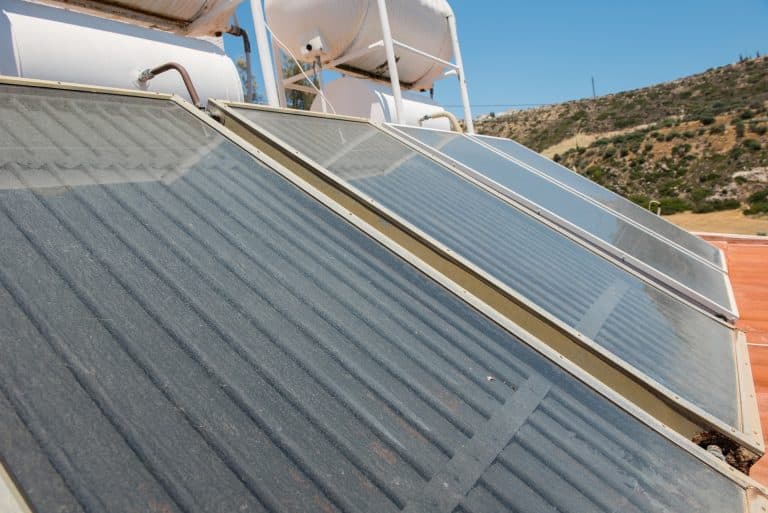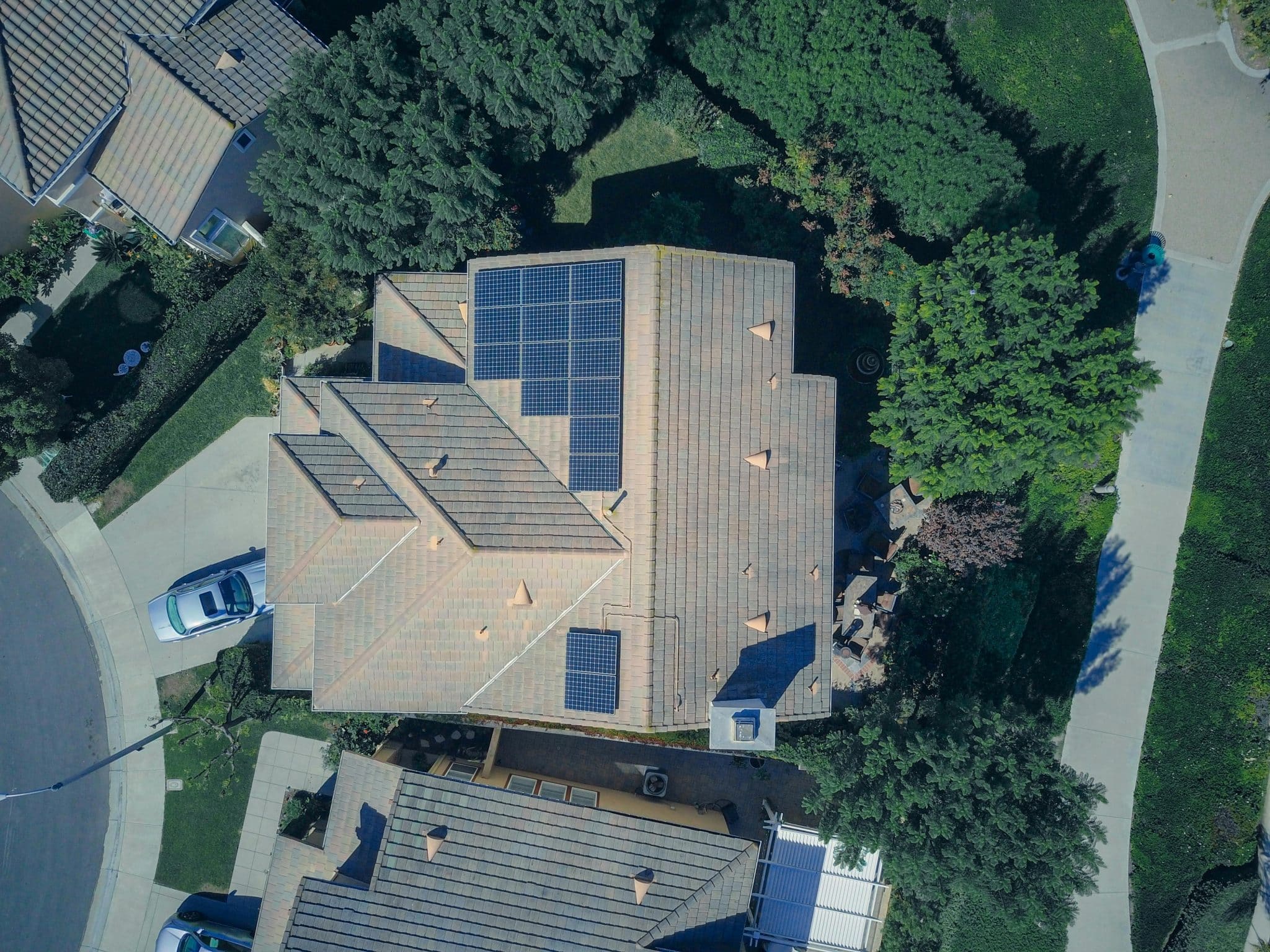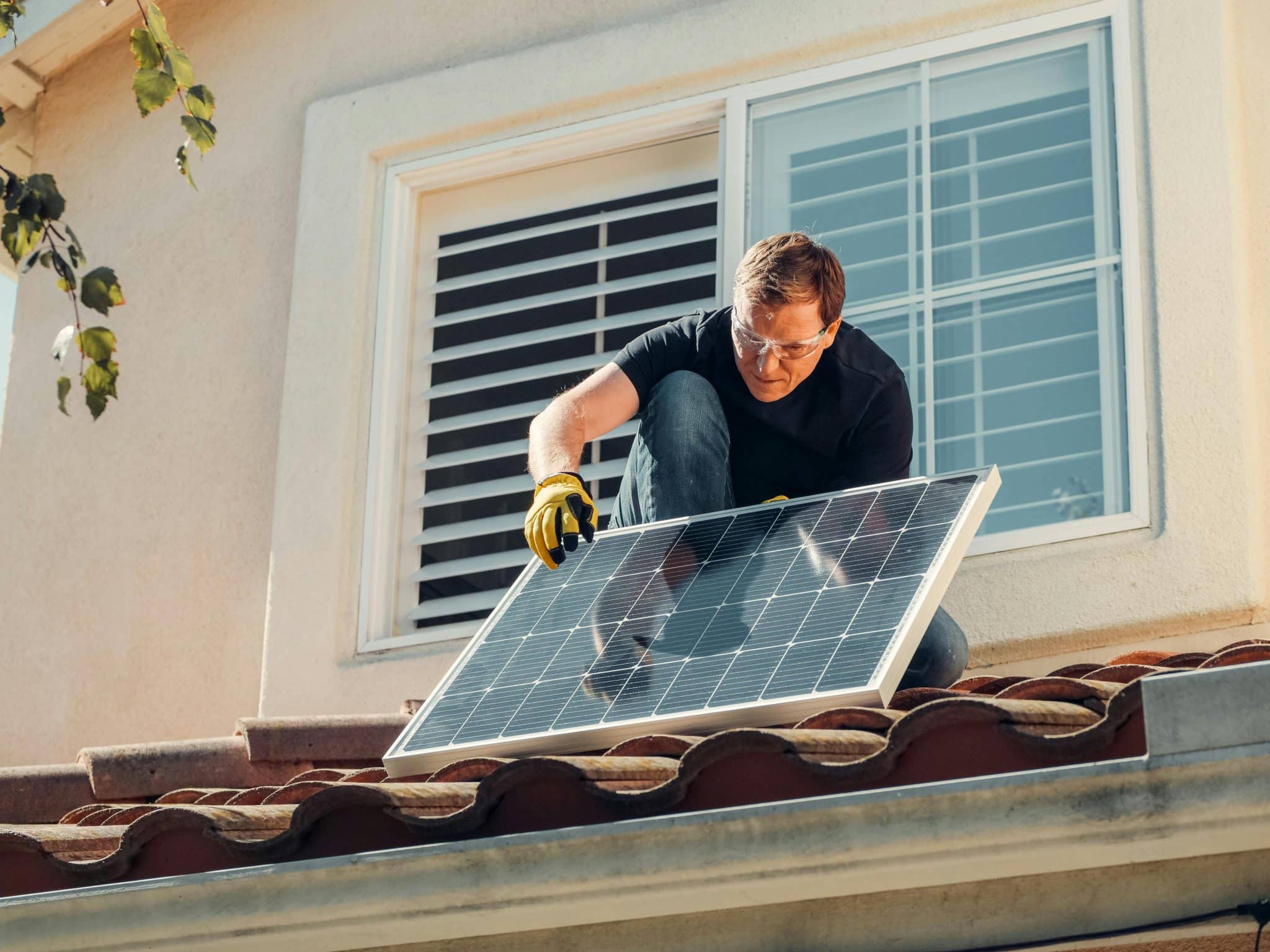With rising energy costs and growing environmental concerns, many homeowners are considering solar hot water systems as a sustainable alternative to traditional electric or gas-powered water heaters. But is the investment truly worth it? This article examines the costs, savings, and setup process of solar hot water systems to help you make an informed decision.
How Do Solar Hot Water Systems Work?
Solar hot water systems use sunlight to heat water, reducing reliance on conventional energy sources. There are two main types:
- Active Systems – These use pumps to circulate water or a heat-transfer fluid through solar collectors (usually mounted on the roof). They come in two subtypes:
- Direct Circulation Systems: Pump water directly through the collectors (ideal for frost-free climates).
- Indirect Circulation Systems: Use a non-freezing fluid to transfer heat to the water (better for colder regions).
- Passive Systems – These rely on natural convection to move water and are simpler but less efficient. The two main types are:
- Integral Collector-Storage (ICS) Systems: Combine storage and collection in one unit.
- Thermosiphon Systems: Use gravity to circulate water as it heats.
Most modern installations use active systems for better efficiency, but the best choice depends on climate, household size, and budget.
Upfront Costs of Solar Hot Water Systems
The initial investment in a solar hot water system is higher than traditional water heaters, but long-term savings can offset this. Here’s a breakdown of costs:
- System Purchase & Installation: $3,000 – $8,000 (varies by type, size, and location).
- Additional Components: Backup gas or electric heater (required for cloudy days) adds $500 – $1,500.
- Maintenance: Annual check-ups cost around $100 – $300.
Government rebates and tax incentives can reduce these costs significantly. Many countries offer financial incentives for renewable energy installations, so checking local programs is essential.
Energy Savings: How Much Can You Really Save?
The primary benefit of solar hot water systems is reduced energy bills. Here’s how the savings break down:
- 50-80% Lower Energy Costs: Solar systems can cut water heating bills by more than half, depending on sunlight availability.
- Payback Period: Typically 5-10 years, after which the system pays for itself in savings.
- Long-Term Value: With a lifespan of 15-20 years (compared to 10-12 years for conventional heaters), the long-term savings are substantial.
For example, a household spending $500 annually on water heating could save $250–$400 per year with solar, leading to $3,750–$8,000 in savings over 15 years.
Environmental Benefits
Beyond financial savings, solar hot water systems offer significant environmental advantages:
- Reduced Carbon Footprint: They cut greenhouse gas emissions by eliminating reliance on fossil fuels.
- Renewable Energy Source: Sunlight is free and abundant, unlike finite gas or coal.
- Lower Grid Demand: Reduces strain on power plants, contributing to a more sustainable energy grid.
For eco-conscious homeowners, this makes solar hot water an attractive option.
Installation and Setup: What to Expect
Installing a solar hot water system requires professional expertise. Here’s what the process typically involves:
- Site Assessment – A technician evaluates roof space, sunlight exposure, and household hot water demand.
- System Selection – Based on climate and usage, the best system type is chosen.
- Roof Mounting – Solar collectors are installed on the roof, facing optimal sunlight.
- Plumbing & Electrical Work – Integration with existing hot water systems and backup heaters.
- Testing & Commissioning – Ensuring proper function before full use.
Hiring a qualified installer is crucial for efficiency and safety. Poor installation can lead to leaks, inefficiency, or even roof damage.
Maintenance Requirements
Modern hot water systems are generally low-maintenance but require periodic checks:
- Annual Inspections: Checking pumps, valves, and fluid levels.
- Cleaning Solar Panels: Dust and debris can reduce efficiency.
- Checking for Corrosion or Leaks: Especially in areas with hard water.
Most systems come with warranties of 5-10 years, covering major components.
Is Solar Hot Water Right for You?
To determine if a solar hot water system is a good fit, ask yourself:
- Do I live in a sunny region? More sunlight means better efficiency.
- Am I planning to stay in my home long-term? The payback period is several years.
- Are rebates or incentives available? These can make the system much more affordable.
- Is my roof suitable? South-facing roofs with minimal shading are ideal.
If the answers are mostly “yes,” a solar hot water system could be a smart investment.
Final Verdict: Is It Worth It?
For many homeowners, solar hot water systems are a worthwhile investment. They offer:
- Substantial long-term savings on energy bills.
- Environmental benefits by reducing fossil fuel dependence.
- Increased home value as sustainable features become more desirable.
If you’re looking to cut energy costs and reduce your environmental impact, a solar hot water system could be an excellent choice—just be sure to research local incentives and work with a reputable installer for the best results.











